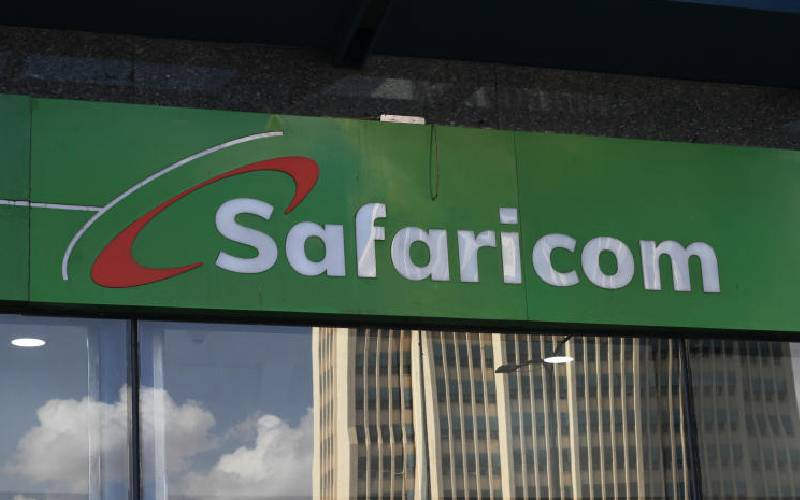×
The Standard e-Paper
Kenya’s Boldest Voice

The Kenyan government and two dominant and deep-pocketed foreign shareholder groups at East Africa's most profitable company, Safaricom, are set to lock horns over the control of the giant telco's board.
Safaricom, which is partly owned by South Africa's Vodacom and Britain's Vodafone, is expected to pick a new chairman following the exit of veteran corporate banker John Ngumi from the telco's board of directors and consequently as the chairman of the board last month.